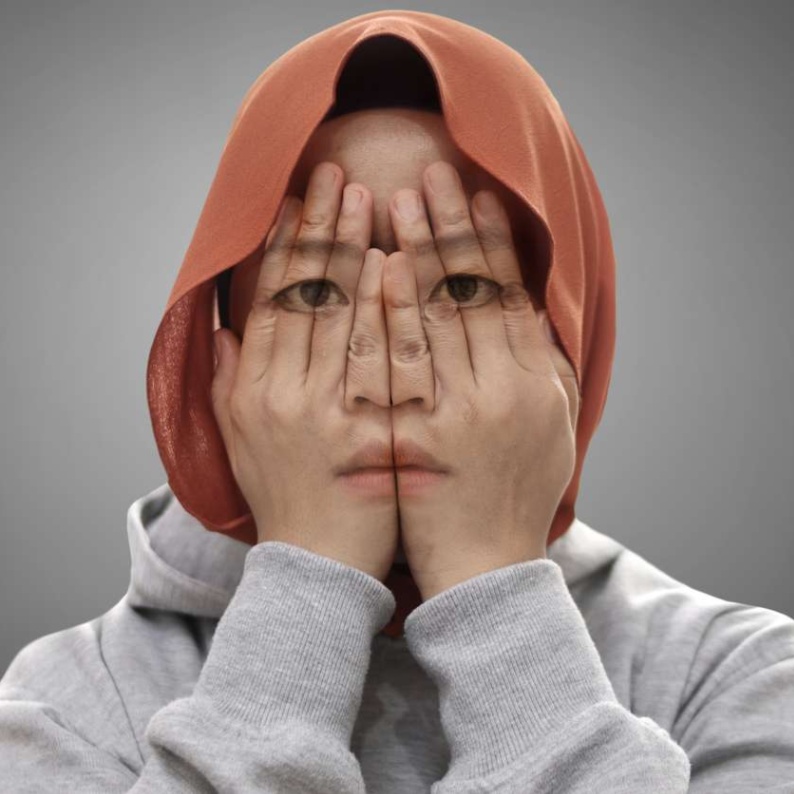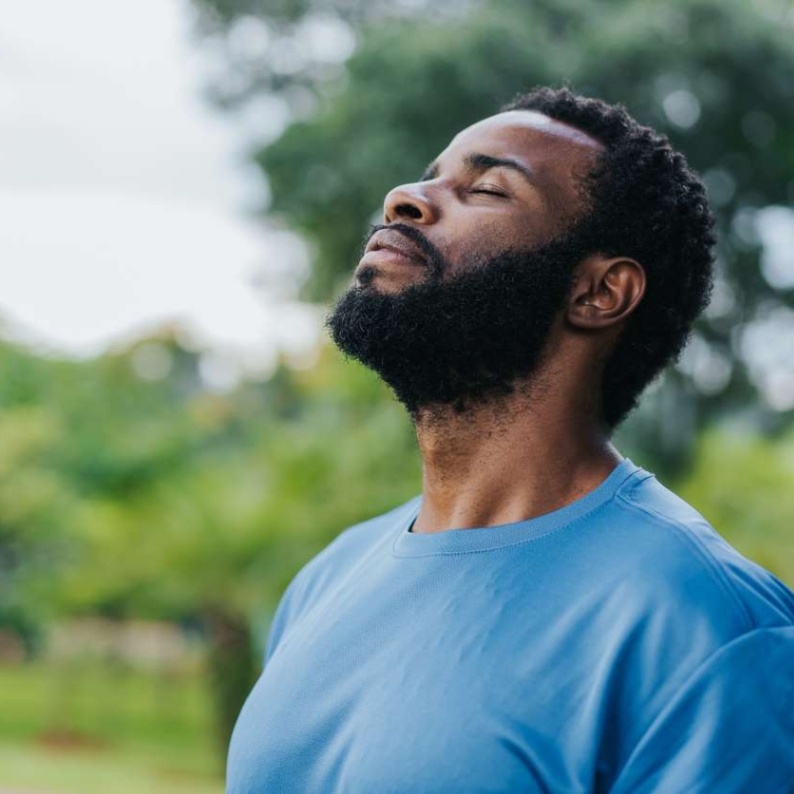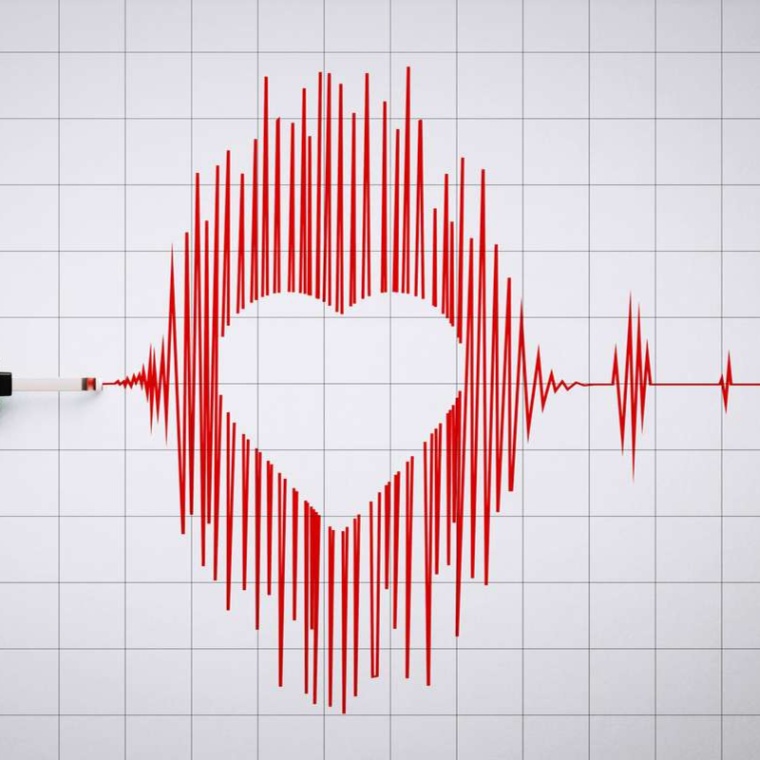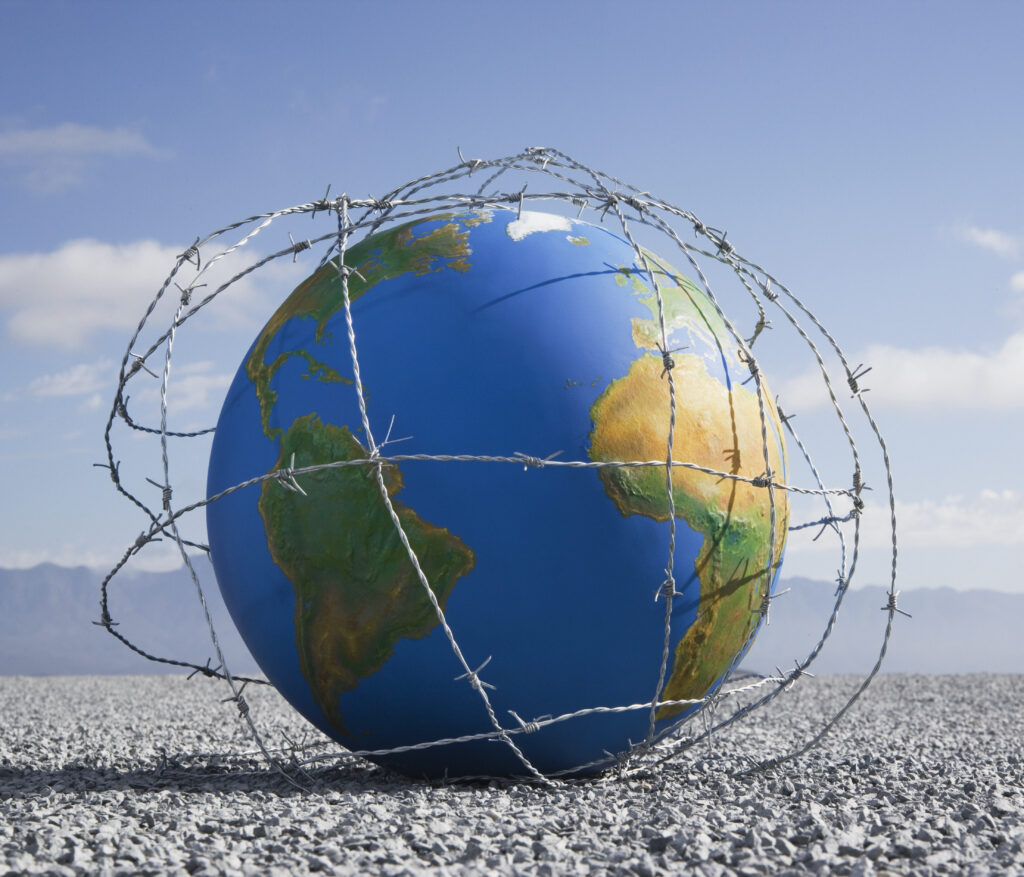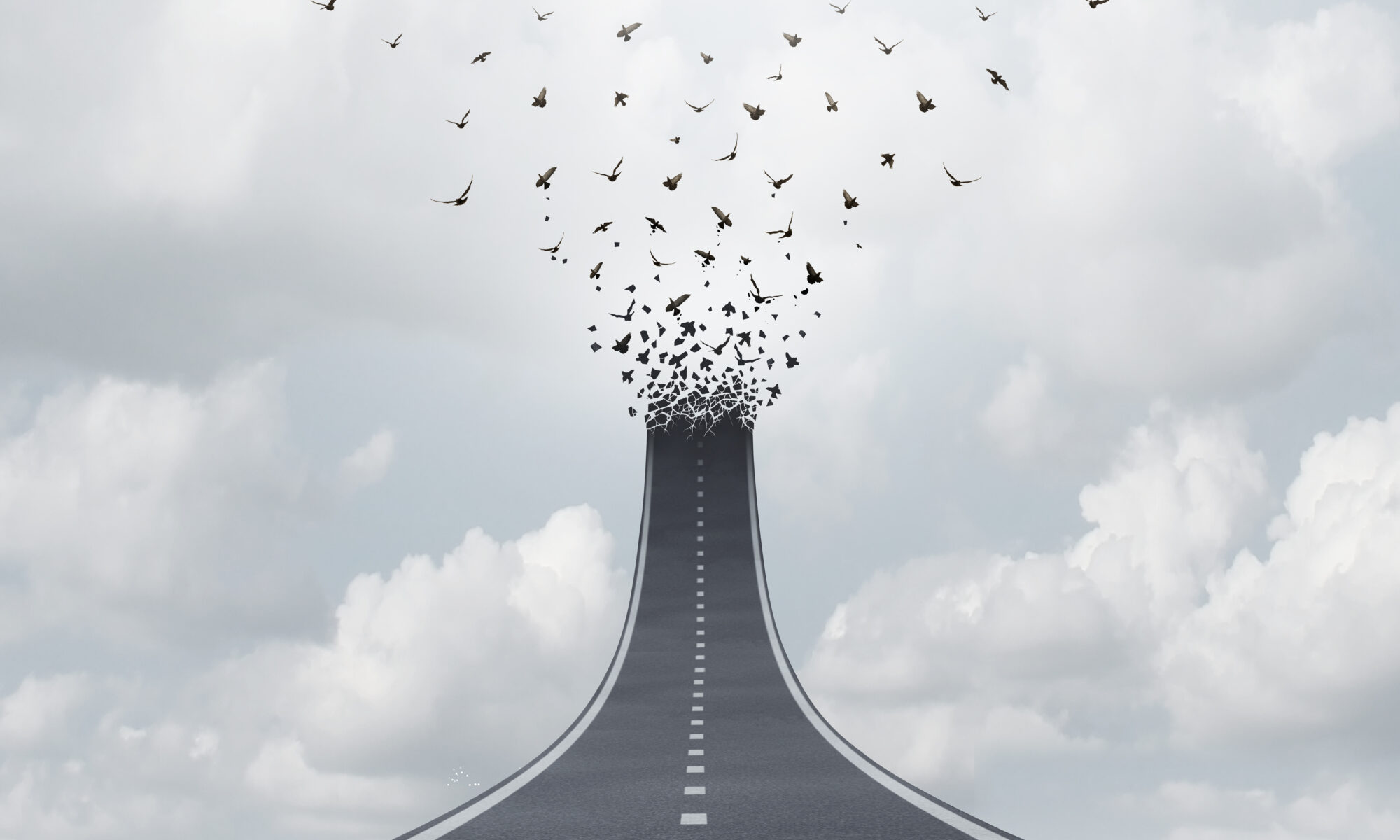I start with a little story about the infinite and immortal that you absolutely are. At a family holiday, when someone said to me, “you being gay is being equal to a murderer,” something rose from within me. I turned and said, “as an infinite and immortal being I have space for you to be where you are right now.” The whole room stopped. And in that silence, something shifted. Never again has it ever come up as a family topic.
This speaks to the power that you are. The infinite and immortal space within myself was speaking to the infinite and immortal spaces that each one of them were and are.
Unconditional Love and Spiritual Awakening
It is not just the ones who treat us well. It is everybody. We are all in this together.
You have the space to love yourself where you are right now. You have the space to love anyone where they are right now. And loving them does not mean that you endure what they do.
When you come from that space deep inside of yourself and you resonate to that space deep inside of themselves, it changes the world.
Eternity and the Immortal Soul
Eternity is simply no time. Death is not the opposite of life. Death is an aspect of the life that we are continuously in. You are so much more than one lifetime. You are already living an eternal life. You are the sum of many, and we are many who love thee.
Infinite Consciousness is Safe
It was never a thought that loved someone. It was never a belief that loved you. It was the being that you are that loves.
This spacious, vast space, this infinite and immortal consciousness that you are, is safe in being. Absolutely eternal.
Thank you for being here with me.
You can watch the video here:
Frequently Asked Questions
What does it mean to be an infinite and immortal being?
Being infinite and immortal means you are far more than one lifetime. You already live an eternal life, and eternity is simply no time or no end. You are the sum of many, and we are many who love thee. When you recognize this, you see yourself as spacious, safe in the being you are and able to navigate many challenges of the world. Let’s be real – some take much more inner processing and more from us than others.
How can I hold space for others who judge me?
When someone said to me, “you being gay is being equal to a murderer,” something rose from within me. I turned and said, “as an infinite and immortal being I have space for you to be where you are right now.” That space shifted the whole room into silence, and the topic never came up again. Holding space does not mean agreeing with someone’s judgment. It means standing in the vastness of who you are, without letting their words define you.
Does loving others mean I have to endure their behavior?
Loving someone does not mean that you endure what they do. It means coming from the deep space within yourself and resonating with the deep space within them. When you do that, it can change experience. Enduring harmful behavior is not love. True love is grounded in the eternal space of your being, which allows both strength and compassion at the same time.
How does eternity relate to life and death?
Eternity is simply no time or end. Death is not the opposite of life, it is an aspect of the life that we are continuously in. You are already living an eternal life. This understanding removes some fear, because you begin to sense that life is ongoing and limitless. The more you realize this, the more peace you can feel during change, loss, and even endings. However, that knowledge doesn’t spare our hearts as we miss the loss of physical presence. Those events cause us to deeply discover, cry, feel and expand in ways we would likely never choose to. Simply knowing life goes on – doesn’t hold you at night – we can discover what can bring sweet embrace to such turmoil – by going through it – and the personal journey of that process. Be gentle with yourself in these times. And dive into you so it isn’t just intellectual – the experience is the knowing that will also embrace you.
Is death the opposite of life?
Death is not the opposite of life. Death is an aspect of the life that we are continuously in. But we still cope with grief and loss we feel – as of course we feel the loss of physical expression of another being person, animal, plant – even ways of being. Death has huge impacts on us even with the awareness we go on. We can know what we love continues and we are challenged with how to continue without the physical presence of them. Both aspects are happening.
How do I find space to love myself right now?
You are the space to love yourself where you are right now. But we aren’t used to merging in that space – to actually experience it. The being that you are is already vast and spacious. When you take time to activate it by pausing, becoming still and sensing – and actively engage in slowing thinking – that space will arise. Self-love becomes less about effort and more about remembering your true nature. It’s making time to discover and going for it even when you don’t know if you will find it. Know that it will meet you – opening to the possibility is the first step. You are that – we all are. You are not an exception to this – if you exist – and you do – it’s you too. You are the love you’ve been looking for.
What happens when we connect with others from this infinite space?
When the infinite and immortal space within you resonates with the infinite and immortal space within another, something shifts. It is not just with those who treat us well, it is with everybody. We are all in this together. One of us has to vibrate it though! Let it be you! This kind of connection brings silence, healing, and transformation that goes beyond words or thoughts. It opens the possibility of a world rooted in love. No FOMO my friend.




